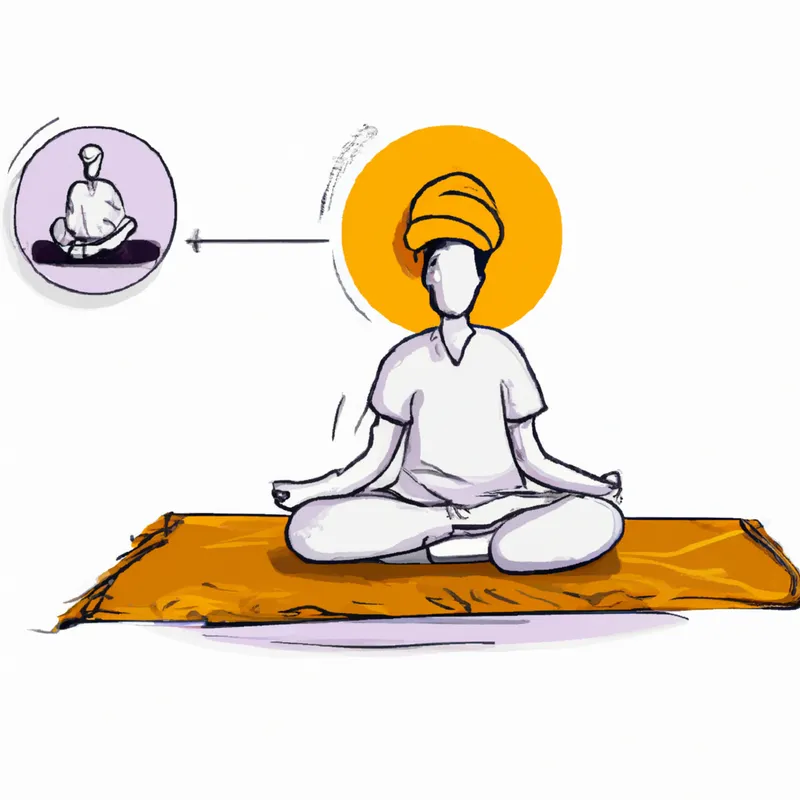Elevate Your Day: Make Meditation a Habit
Integrating Meditation with Daily Life: Strategies for Consistency and Mindful Living
Meditation enhances well-being, promotes mental clarity, and fosters emotional resilience. Unfortunately, many people struggle to incorporate it into their busy lives. With the right strategies, you can make meditation a consistent part of your daily routine. This blog post offers practical tips to help you integrate meditation into your life and enjoy its benefits.
Create a Dedicated Space
To establish a regular meditation practice, create a dedicated space. A specific area for meditation enhances your experience and helps you enter mindfulness. Choose a quiet spot in your home, free from distractions. Consider a corner in your bedroom, a cozy nook in your living room, or a small outdoor area.
Make this space inviting and comfortable. Add a cushion, mat, or chair to encourage relaxation. Include calming elements like candles, essential oils, or plants that promote tranquility. Designating a meditation space signals your mind to relax and focus. Over time, your brain will associate this area with calmness, facilitating a meditative state.
Set a Consistent Schedule
Building a meditation habit requires consistency. Establishing a routine solidifies your commitment. Choose a specific time each day for your practice—morning, lunchtime, or evening. Morning meditation sets a positive tone, while evening meditation helps you unwind and reflect.
Start with just five minutes daily to avoid feeling overwhelmed. Gradually increase your practice duration as you become comfortable. Focus on consistency rather than duration at first. Use reminders on your phone or place sticky notes in visible areas to reinforce your practice.
Explore Various Techniques
Meditation offers numerous techniques, allowing you to find what resonates with you. Exploring different styles helps you discover the method that suits your lifestyle and preferences.
Mindfulness meditation focuses on being present and observing thoughts and feelings without judgment. Guided meditation involves listening to a teacher or recording that leads you. Loving-kindness meditation promotes compassion and connection towards yourself and others.
You may also find breathwork techniques beneficial. Focusing on your breath grounds you and clears your mind. Experimenting with various methods keeps your practice fresh and engaging. As you explore, remain open to trying new techniques over time.
Conclusion
In summary, create a dedicated space, set a consistent schedule, and explore various techniques to integrate meditation into your daily life.
Below are related products based on this post:
FAQ
How can I create a dedicated space for meditation in my home?
To create a dedicated meditation space, choose a quiet area in your home that is free from distractions. Make it inviting and comfortable by adding a cushion, mat, or chair. You can also include calming elements like candles, essential oils, or plants to promote tranquility. This designated space will help signal your mind to relax and focus during your practice.
What is the best time of day to meditate?
The best time to meditate depends on your personal schedule and preferences. Morning meditation can set a positive tone for the day, while evening meditation can help you unwind and reflect. Establishing a consistent routine by choosing a specific time each day will solidify your commitment to the practice.
What meditation techniques should I explore?
There are numerous meditation techniques you can explore to find what resonates with you. Mindfulness meditation focuses on being present and observing thoughts without judgment. Guided meditation involves listening to a teacher or recording, while loving-kindness meditation promotes compassion towards yourself and others. Breathwork techniques can also be beneficial in grounding you and clearing your mind. Experimenting with various methods keeps your practice fresh and engaging.















Post Comment